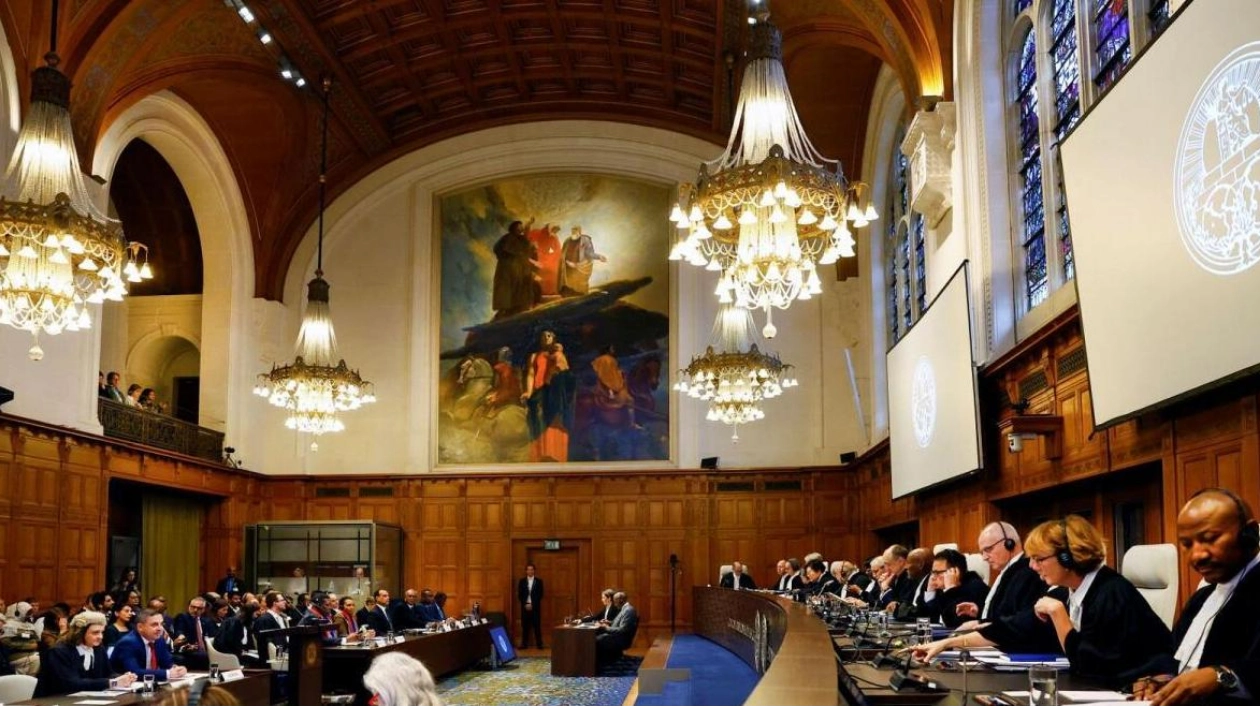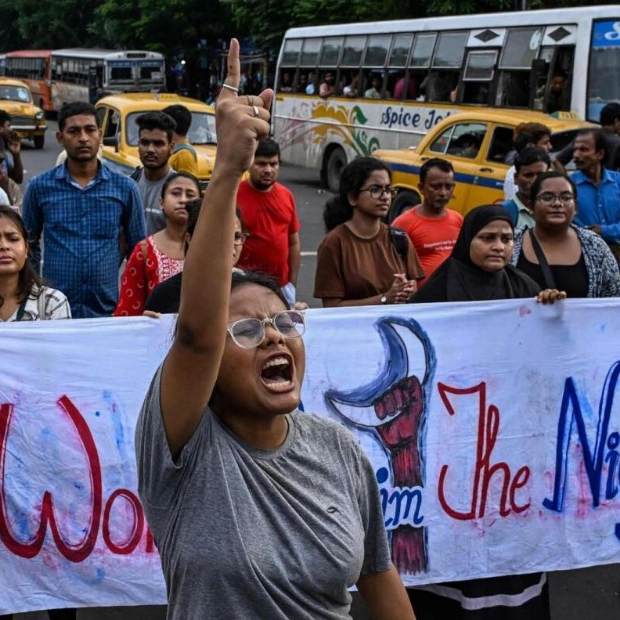Delegates gathered at the United Nations' International Court of Justice (ICJ) in The Hague on Monday for public hearings in an advisory opinion case that could set a precedent in defining nations' legal responsibilities to combat climate change.
The ICJ initiated unprecedented hearings aimed at establishing legal guidelines for how countries should safeguard the planet from climate change and support vulnerable nations in mitigating its destructive effects. Presiding Judge Nawaf Salam commenced the proceedings, which will feature over 100 countries and organizations presenting their cases, marking the highest number ever to appear before the court.
Vanuatu and other low-lying Pacific Island nations led the opening arguments before a 15-judge panel in the Peace Palace. Activists anticipate that the ICJ's advisory opinion will have significant legal implications in the global fight against climate change, influencing ongoing court cases and both domestic and international laws. However, some observers worry that the UN-backed request for a non-binding advisory opinion may have limited impact, with the court potentially taking months or even years to deliver its verdict.
A small group of protesters assembled outside the Peace Palace, displaying banners that read, 'Biggest problem to the highest court' and 'Fund our future, climate finance now.' 'This hearing means everything for the climate justice movement,' said Siosiua Veikune, a 25-year-old from Tonga and member of the Pacific Island Students Fighting Climate Change group.
The hearings took place just days after a contentious climate agreement at the COP29 summit in Azerbaijan. Wealthy polluting nations pledged to provide at least $300 billion annually by 2035 to assist poorer countries in transitioning to cleaner energy and preparing for climate impacts. However, developing countries criticized the commitment as insufficient and outdated, and the summit's final agreement did not include a global commitment to phase out fossil fuels.
Ralph Regenvanu, Vanuatu's special envoy, emphasized the urgency of the ICJ's advisory opinion, stating, 'Our call for an advisory opinion from the ICJ on climate change is at a pivotal moment... one that sets clear the international legal obligations for climate action.' The UN General Assembly referred two critical climate questions to the international judges, seeking clarification on states' obligations to protect the Earth's climate system and the legal consequences of failing to meet these obligations.
Joie Chowdhury, a senior lawyer at the Center for International Environmental Law, noted that while the ICJ's opinion may not provide specific answers, it will serve as a legal blueprint for future climate litigation. The judges' opinion, expected sometime next year, will influence climate cases on domestic, national, and international levels.
Among the 98 countries and 12 organizations addressing the court are some of the world's largest carbon polluters, including China, the United States, and India. Despite the 2015 agreement to limit global warming to 1.5 degrees Celsius above pre-industrial levels, current efforts are far from achieving this goal, with carbon dioxide emissions from fossil fuels reaching a new record high this year.
Source link: https://www.khaleejtimes.com






